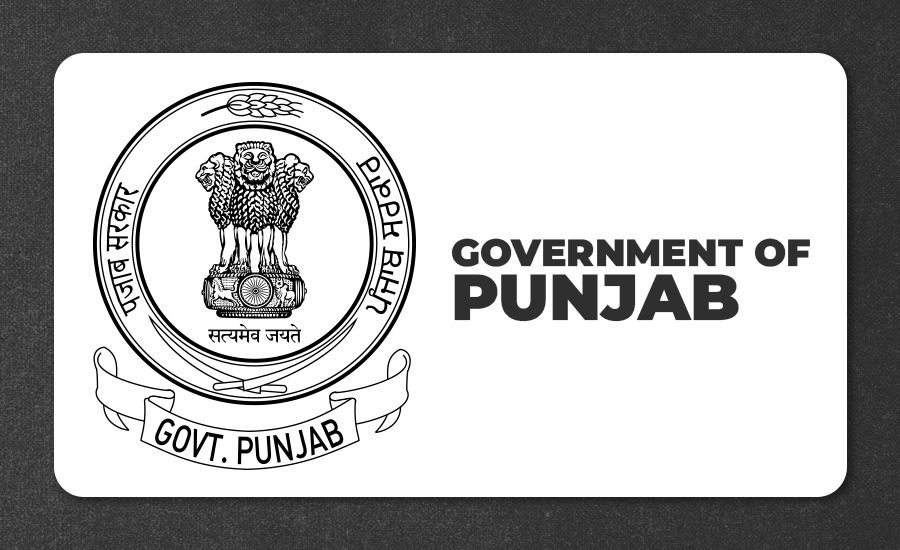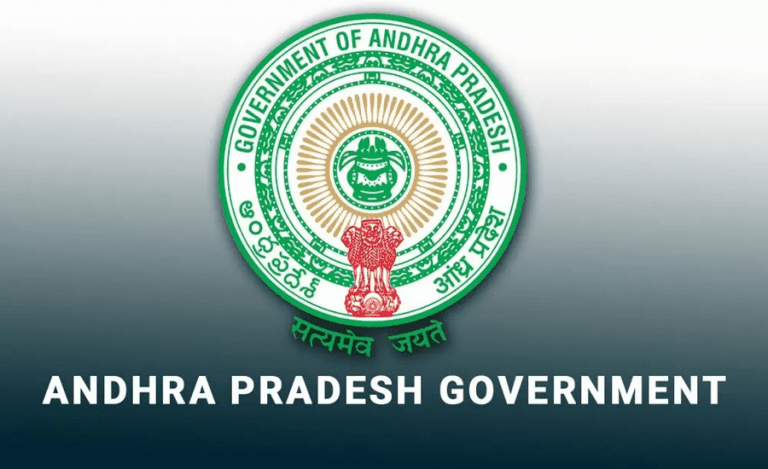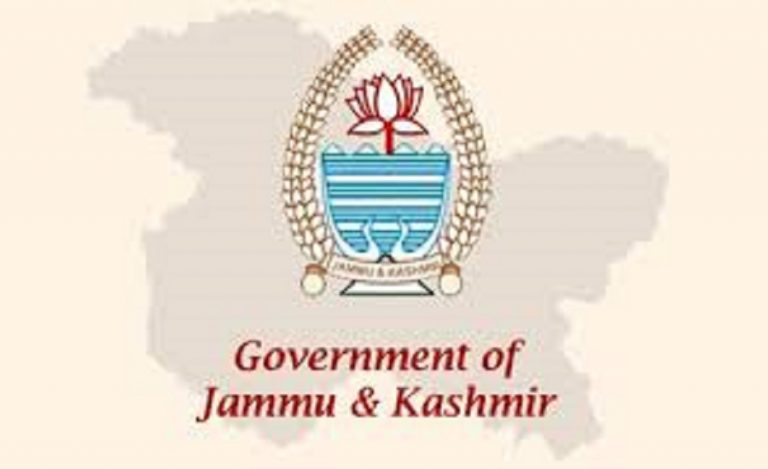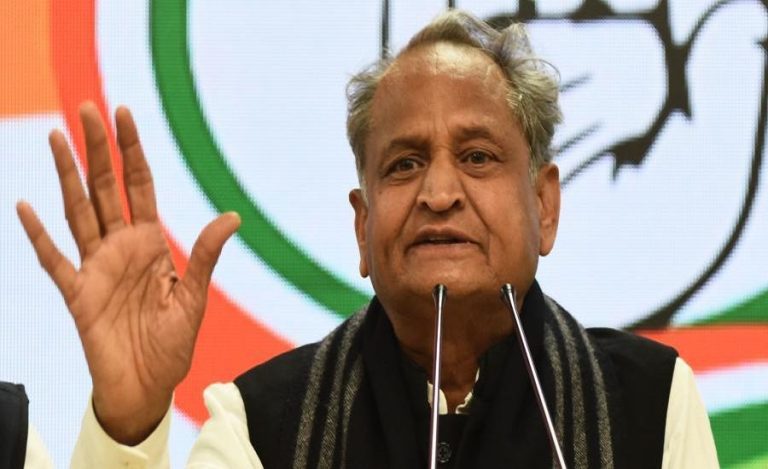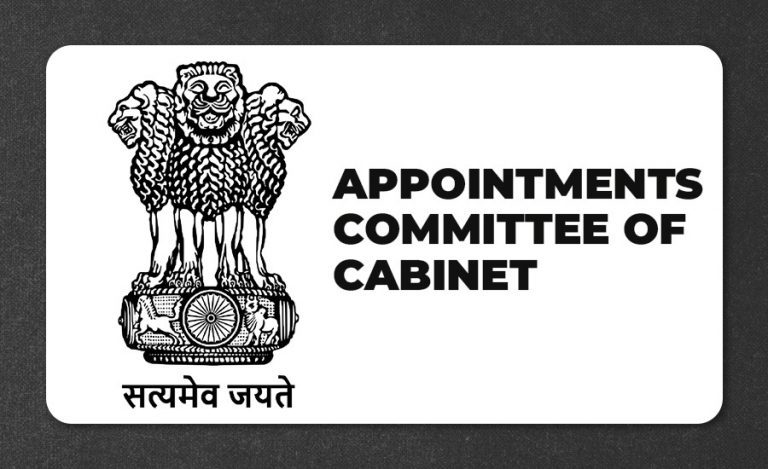CHANDIGARH – The North American Punjabi Association (NAPA), led by Executive Director Satnam Singh Chahal, has made a sweeping demand: that the Central Bureau of Investigation (CBI) should take daily monitoring responsibility of the work-flows and conduct of all IAS, IPS and PCS officers – and even elected representatives such as Ministers, MLAs and MPs – in the state of Punjab.
NAPA’s assertion stems from what it describes as “chronic failure” of state-level vigilance mechanisms. According to Chahal, many high-profile corruption cases involving senior officers either drag on for years or end in acquittals due to procedural delays, lack of independence or political interference.
For example: the case of former Minister Bikram Singh Majithia of the SAD, facing charges of disproportionate assets despite a 40,000-page charge sheet and 200-plus witnesses, remains unresolved.
In another, senior police officer Harcharan Singh Bhullar (2009-batch IPS, DIG Ropar Range) was arrested by the CBI for demanding an ₹8 lakh bribe – exposing the limits of vigilance action at the state level.
NAPA’s demand is sweeping: they want the CBI to step in, not just for ad-hoc investigations, but for continuous oversight of senior officers’ daily activities in Punjab. Chahal argues this step is vital to restore citizen trust, ensure accountability and cut short institutional delays that allow alleged misconduct to flourish.
Background
Punjab has witnessed a spate of corruption cases involving senior bureaucrats and political figures. In October 2025 the CBI raided multiple locations in connection with Bhullar’s case – reportedly recovering cash worth more than ₹5 crore, 1.5 kg of gold and documents of immovable property linked to him. The case has raised serious questions about the effectiveness of the state’s vigilance mechanisms.
Meanwhile, NAPA’s call for CBI oversight aligns with growing public sentiment that independent central agencies can carry out investigations with less political interference and greater speed than local bodies.
Implications
If implemented, the proposal would mark a significant shift in administrative and investigative oversight in Punjab. Daily monitoring by the CBI would mean:
- Proactive tracking of senior officers’ decision-making and official actions, rather than retro-active probes.
- Possible installation of mechanisms for real-time reporting or audits of officer behaviour.
- Greater transparency in work assignments, transfers, promotions and major approvals.
- Political and bureaucratic push-back: elected officials and senior officers may resist external oversight from a central agency.
Legal and jurisdictional issues: the CBI’s mandate, state-centre relations and federal structure could pose hurdles.
What is NAPA Demand
In simple terms, NAPA wants:
- All IAS, IPS, PCS officers in Punjab are subject to daily oversight by the CBI.
- Ministers, MLAs, MPs similarly included so that elected representatives are under the same monitoring frame.
- Transparent mechanism to monitor “official working, decision-making and accountability” rather than just after-the-fact investigations.
Prompt action when allegations emerge, eliminating long delays and political interference.
Expert View
Governance analysts note the demand is ambitious but raises critical questions. While the idea of central oversight appeals as a remedy to local inertia, experts caution that oversight without a clear legal framework may strain state-centre relations and place heavy burden on the CBI. Furthermore, day-to-day monitoring may require significant resources, clear protocols and safeguards against misuse.
What Next?
NAPA has urged the Prime Minister and Union Home Minister to initiate steps toward implementing this framework. Whether the central government responds remains to be seen. In the meantime, the Bhullar case and other high-profile investigations continue to serve as reminders of the need for systemic reform.
As Punjab stands at a crossroads of governance reform, the NAPA demand may trigger catch-up action from both state and central agencies. Only time will tell whether daily CBI monitoring becomes reality – or remains a powerful idea in public discourse.

